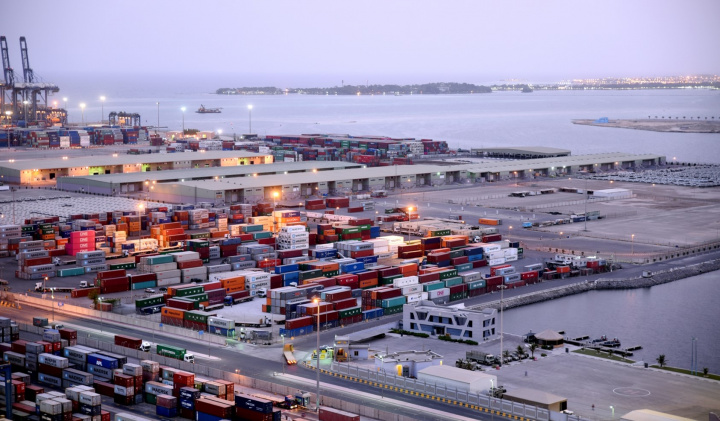The maritime incidents involving oil tankers in the Red Sea highlight significant risks for vessels transporting Russian oil, especially given the ongoing threat from Houthi forces.
The Andromeda Star and Freda, two Panama-flagged crude oil tankers, provide clear examples of how the Houthis are targeting ships based on outdated ownership data and past links to Western countries. Both vessels, previously owned by UK-based Union Maritime Ltd., were misidentified by the Houthis as British ships when they were attacked with anti-ship ballistic missiles (ASBMs) in 2023 and 2024. Despite these attacks, both ships have continued operating along vital oil transportation routes, such as the Red Sea, carrying Russian oil primarily to markets in Asia.
The Andromeda Star, which was hit by the Houthis in April 2023, was falsely labeled as a British vessel, likely due to its past ties to a UK company. The ship had been transporting Russian oil to India at the time of the attack. The Houthi forces, relying on outdated information, likely targeted the vessel under the assumption it still had British ownership. Despite this attack, the Andromeda Star has continued its operations, recently spotted sailing back from India to Russia via the Red Sea.
Similarly, the Freda (formerly Huang Pu) was targeted in March 2024 by the Houthis, again based on outdated data. The Houthis labeled the vessel as British, although by the time of the attack, the ship had changed ownership and was operated by a Hong Kong-based company with a Chinese crew. The Houthis’ attack contradicted their earlier statement that they would not target Chinese vessels. Following this incident, the Freda resumed operations, transporting Russian oil from India back to Russian ports.
Both tankers belong to a broader “dark fleet” of vessels engaged in transporting Russian oil in defiance of Western sanctions. These ships often engage in practices that obfuscate their movements, such as manipulating AIS (Automatic Identification System) data, which adds to the complexity of monitoring their activities. Maritime intelligence firms like TankerTrackers.com and Lloyd’s List have confirmed that these vessels continue to operate in the Red Sea, suggesting that their operators are either accepting the risks posed by Houthi attacks or are no longer concerned about their previous links to the UK.
This situation underscores two possible dynamics: either the ship operators are taking considerable risks by continuing to use the Red Sea as a transport route, or they believe the issue of past UK affiliations has been resolved. While there is speculation that the vessels’ operators may have established some form of communication with the Houthis to avoid future attacks, this remains unconfirmed. The persistence of these ships in such a high-risk region demonstrates the vital importance of the Red Sea route for transporting Russian oil, particularly to key markets like India and China. However, it also highlights the dangers faced by vessels navigating this contested maritime zone amidst geopolitical tensions and ongoing conflicts.
Source: The Washington Institution, Dryad Global





